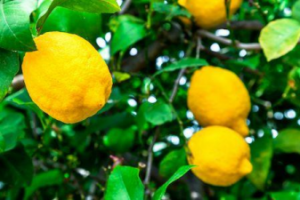
The history of Kuechel Farms and the future of Arizona lemons
It’s not by accident that the history of Kuechel Farms, a large citrus grower in Yuma, Arizona begins in a town called Orange. His family is largely responsible for creating the ubiquitous orange groves that sprawled across the town and county that would later bear that fruit’s name. The lessons he learned from the rise and fall of his family farm in Orange, California may be the very thing that saves his current citrus farm in Yuma, Arizona.

Could coral habitats be rebuilt on sunken warships?
Faculty and researchers from the ASU Center for Global Discovery and Conservation Science, teaming with partners from the University of Hawaii, recently published a paper based on their survey of 29 sunken warships around the Bikini Atoll and Chuuk Lagoon in the southwestern Pacific Ocean.
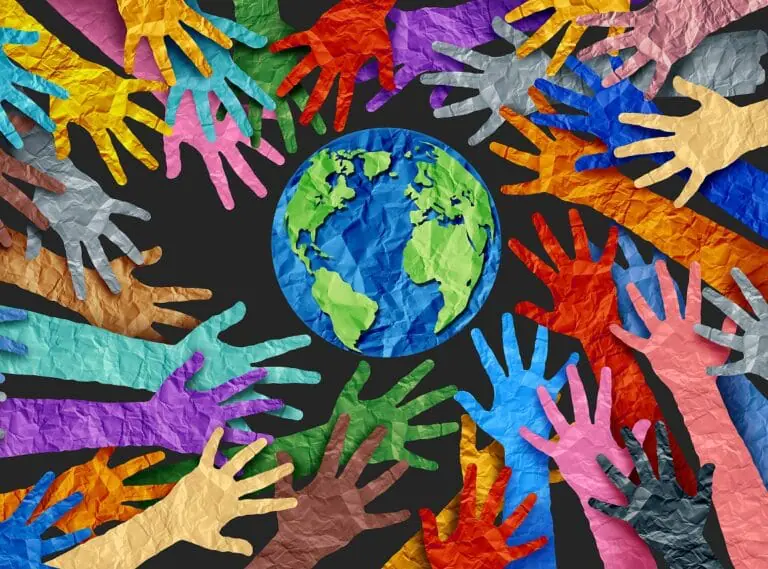
CBO at conference on decolonizing conservation research
The Conservation Solutions Lab (CSL) participated in the Integrative Conservation Conference (ICC), held from February 3-5 and hosted by the University of Georgia. The conference centered around decolonizing conservation research
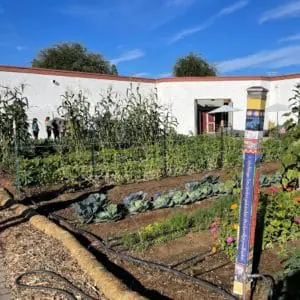
Transforming the food system through elementary schools
During our December immersive, we had the pleasure of touring and participating in the farm-to-school and “edible education” program called Garfield’s Garden on the Corner. Led and managed by the Mollen Foundation, we experienced the collaborative efforts between the Foundation and Garfield Elementary School.
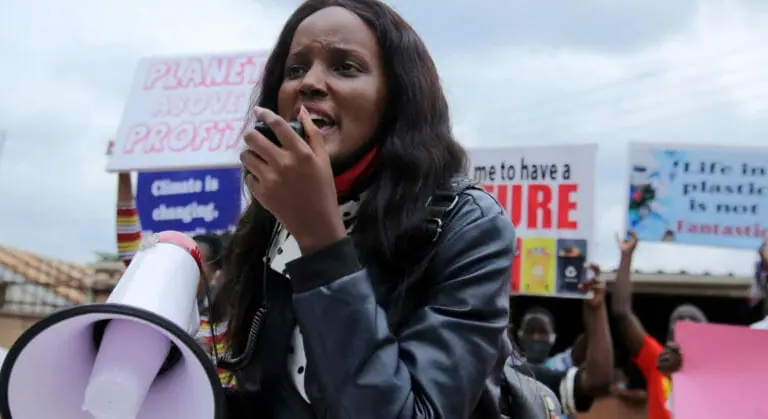
Inclusive Voices for Climate Solutions event
The virtual event, Inclusive Voices for Climate Solutions held on January 25, 2022 was hosted by Vital Voices and moderated by Tazreen Hussain, Vital Voices Director of Leadership and Social
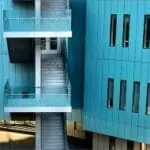
Global Futures Laboratory's Diane Pataki, Enrique Vivoni elected AAAS Fellows
The American Association for the Advancement of Science (AAAS), the world’s largest general scientific society and publisher of the Science family of journals, has elected two outstanding faculty from the
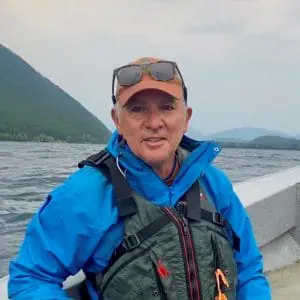
Meet affiliated faculty Jim Elser
Read on for an interview with James (Jim) Elser, Director of the Sustainable Phosphorus Alliance.
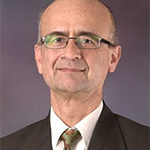
Seminar: Reinventing the Chemicals and Materials Industry for a Net-Zero, Nature-Positive World
In this talk, Bhavik Bakshi will describe the advances toward reinventing the CMI to have net-zero emissions and enable ecological restoration. In addition, he will pose a systematic framework for designing a sustainable circular economy of CMI products as well as a research roadmap for reinventing the industry.
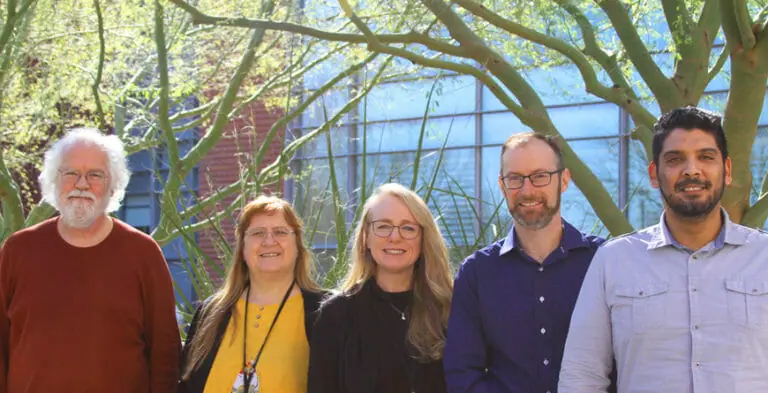
New technology fused with photosynthetic life offers path to green energy
The quest for sustainable energy has become a central challenge for society. In order to meet ever-expanding energy demands without further damaging the global climate, researchers are tapping into natural
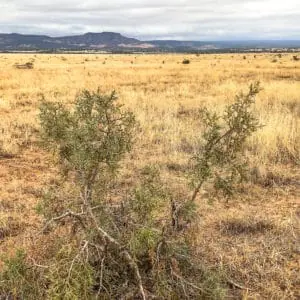
Western rangeland management and conservation at Arizona’s Bar Heart Ranch
Increasingly, ranching and conservation are viewed as mutually exclusive practices. One is centered on resource consumption while the other advocates for the protection of wildlife, wild lands, and natural habitats. As wild species worldwide continue to lose vital habitat to suburban and exurban development, sprawl, and agriculture, the relationship between ranching and conservation grows more complicated.
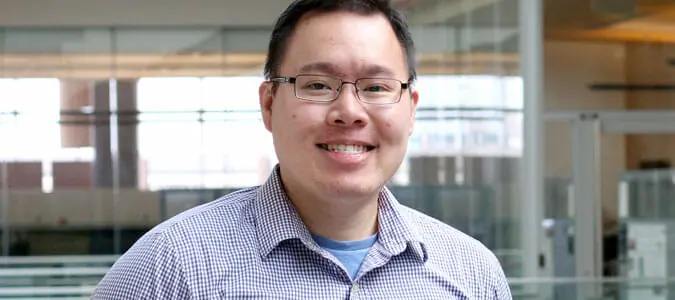
Lim’s tireless SARS CoV-2 sequencing work advances Arizona public safety, earning him ASU Alumni’s faculty research award
Efrem Lim is the recipient of the ASU Alumni Association’s 2022 Faculty Research Achievement Award for sequencing and tracking SARS CoV-2 variants for the state since the start of the
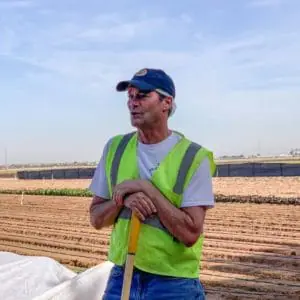
Duncan Family Farms: From feeding people to feeding the soil
On December 7, the Food Policy and Sustainability Leadership students visited Duncan Family Farms during a week-long immersive exploring farms, ranches, food processors, and gardens around Arizona.